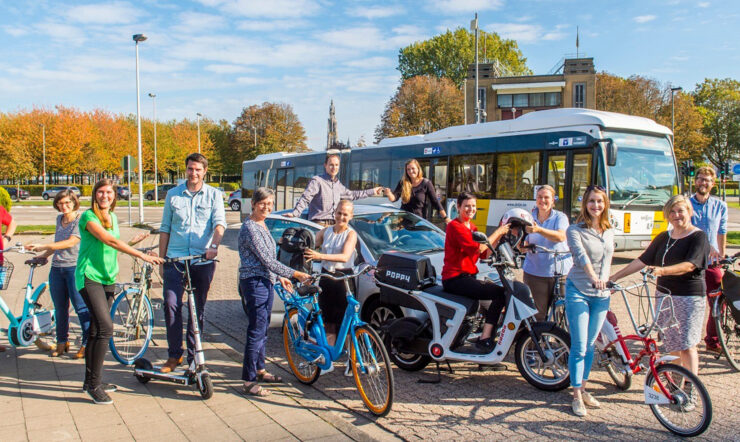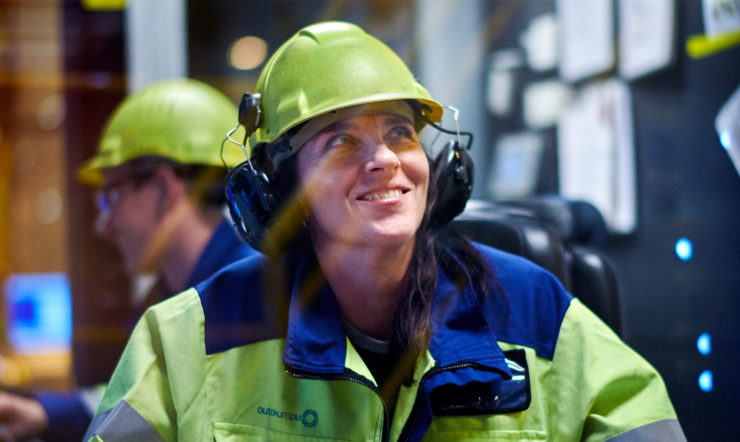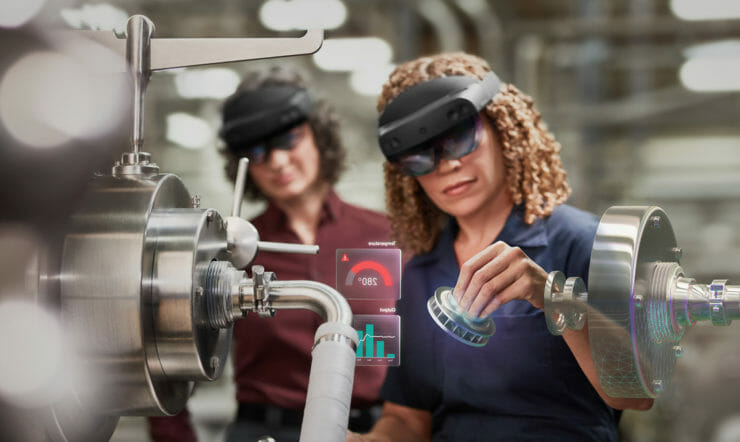Digital technology is everywhere, and it is changing the way citizens behave. From working patterns to the day-to-day services we use and the places we live, there is no aspect of modern life that remains untouched by digital tools and solutions.
This represents both the biggest challenge and opportunity for public sector organizations as they seek to engage citizens and create future-proofed, sustainably-minded societies.
The public sector plays a key role in setting the sustainability agenda for society, including the approach to circularity and recycling. While private sector companies can greatly influence the successful achievement of sustainability targets, the public sector bears the responsibility for outlining how society can achieve these goals more broadly at both national and local levels.
By embracing the same digital technologies that are transforming their citizens lives, public sector organizations can help pivot society towards a more sustainable tomorrow.

The rise of smart cities and the circular economy
Urban areas account for 75% of global carbon dioxide emissions, and the 100 cities with the greatest footprints account for 18% of global emissions. But with more than 70 cities worldwide pledging to become carbon neutral by 2050 – and the European Green Deal and EU Recovery funds allocating 37% of their resources to the green transition – efforts to offset these emission are already well afoot.
Public sector actors can fuel sustainable transformation by releasing capital to invest in sustainable city transformation projects and smart cities. By tapping into the value of data and green infrastructure, smart cities can combat climate risks and become more resilient to the many unexpected events of today’s increasingly unpredictable world.
These cities can support the decoupling of resource use and environmental impacts by diffusing circular economy approaches to production and consumption. Recycling is another key topic that is highly connected to the general circular economy, and is a top priority for C-Suite roles in the public sector.
Public entities can be a critical contributor to the circular economy transition, both as policy makers and as major buyers and users of products. There is still room to increase circularity within the sector however, and to introduce more sustainable practices while also capturing efficiency gains.
The sustainable transformation model
The Sustainable Transformation Model has been developed by Microsoft to provide a framework to support public sector organizations in their efforts to create a better tomorrow.
It provides industry-specific guidance on how to take the next step forward, detailing what to consider now, next and beyond across 3 pillars of the sustainable business model: sustainable platform, sustainable collaboration and sustainable ecosystem.
Start building a more sustainable future for society. Download the Sustainable Transformation Model today:























